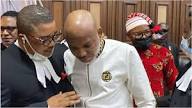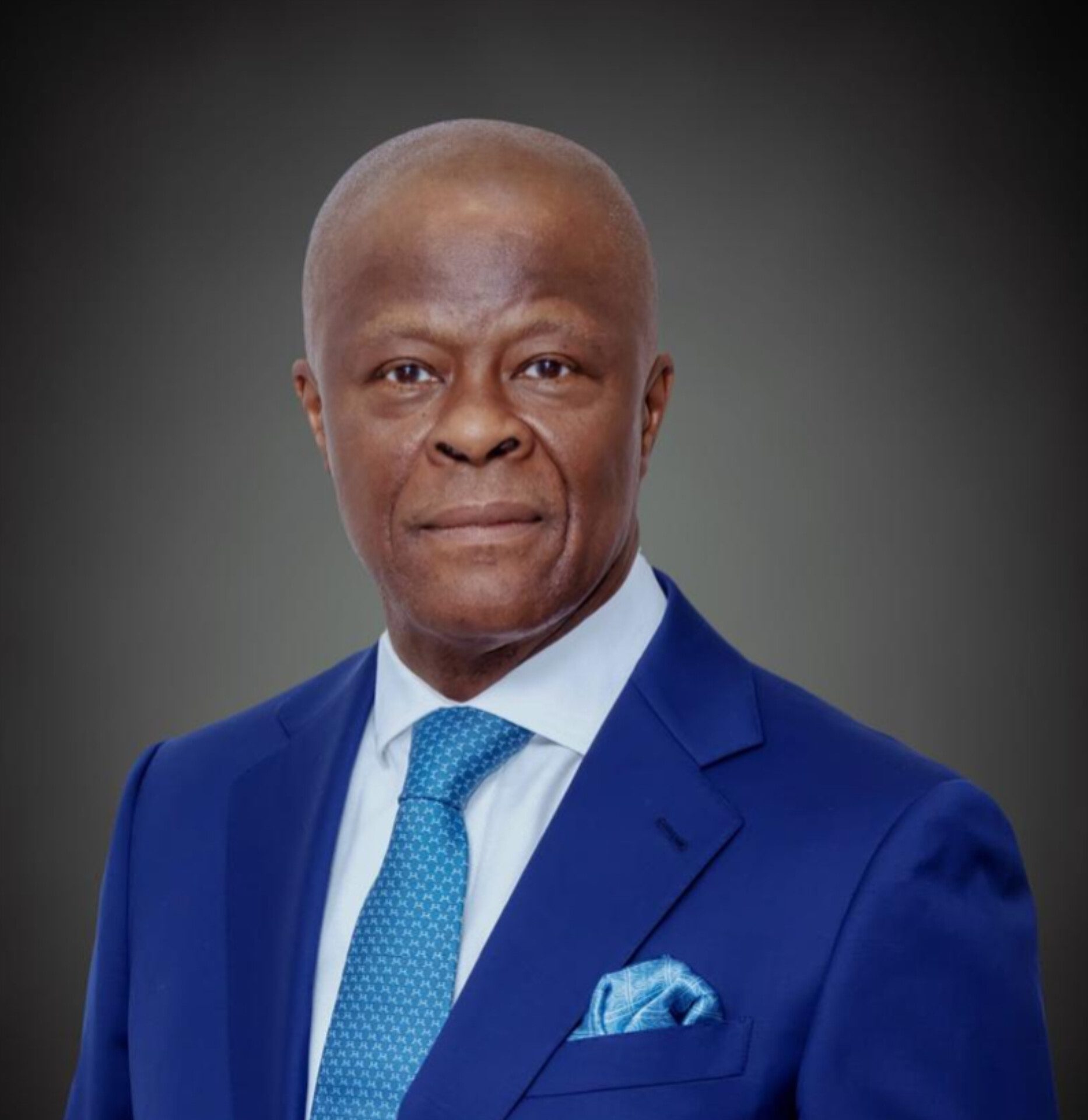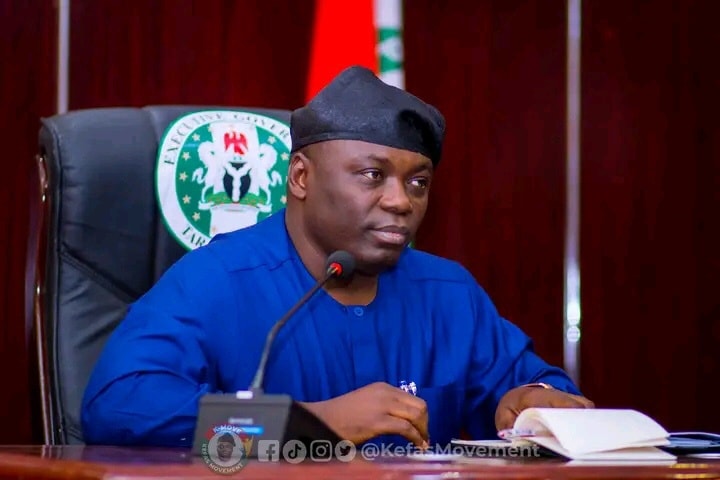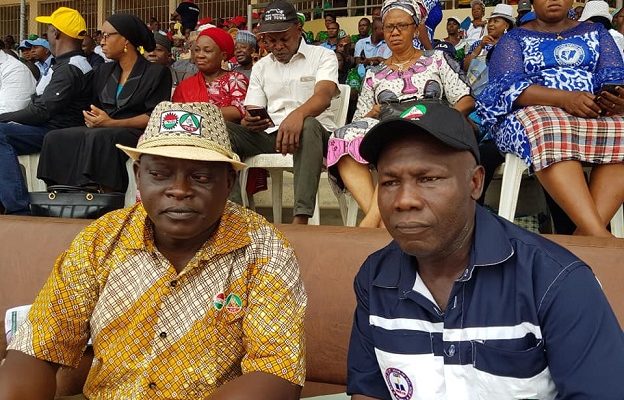A fresh controversy has emerged in the ongoing terrorism trial of Nnamdi Kanu, leader of the proscribed Indigenous People of Biafra (IPOB), as his family accused the News Agency of Nigeria (NAN) of biased coverage and demanded its removal from court proceedings.
The Kanu family, in a statement signed by Prince Emmanuel Kanu, condemned NAN’s reporting of the case, claiming the agency deliberately ignored key defence arguments while amplifying the prosecution’s narrative. They alleged that the agency had become “the megaphone” of the Department of State Services (DSS) and called on Justice James Omotosho to bar NAN from covering future sessions.
Alternatively, they urged the court to permit live streaming of the trial to promote transparency and fairness.

“NAN’s reporting has consistently failed to reflect critical moments in court that undermine the government’s case,” the statement claimed, pointing specifically to the cross-examination of a prosecution witness who, according to the family, could not produce an investigative report to back up the charges.
However, NAN has not responded publicly to the allegations, and its reports remain available in public archives, presenting official updates from each hearing. Media observers note that the agency, like others, is bound by the limitations of courtroom access and editorial discretion when reporting on sensitive legal matters.
The statement also pushed back on media narratives surrounding senior lawyer Kanu Agabi (SAN), whom the family said was wrongly portrayed as being denied access to the defendant. Instead, they praised Agabi for what they described as a moment of “statesmanship,” claiming he chose restraint to avoid embarrassing the court.
The development has reignited debates around media freedom, court transparency, and the politicization of high-profile trials. While the family insists that justice demands open, unbiased reporting, critics caution against discrediting media institutions over perceived slights.
Legal analysts suggest that calls for live coverage may raise logistical and legal concerns but could also serve as a confidence-building measure in politically charged trials.
As proceedings continue, all eyes remain on the court to navigate not just the complex legal terrain, but also the growing public scrutiny surrounding the case and its broader implications for Nigeria’s justice system.



